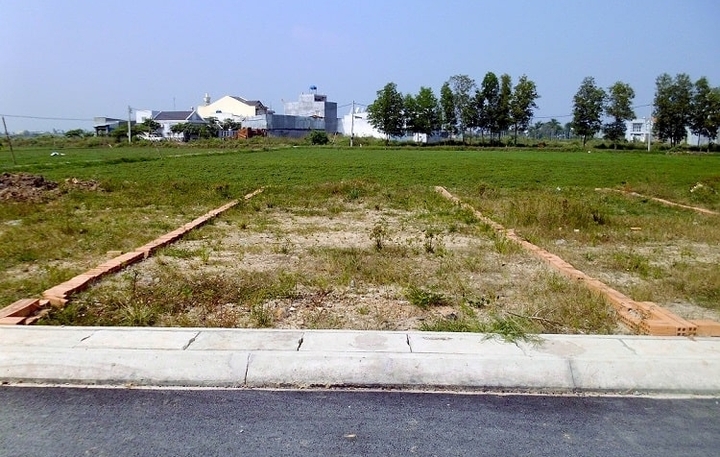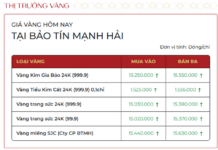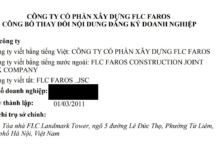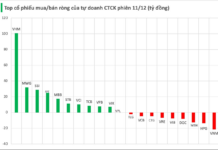In the context of continuously rising land prices, owning a residential plot is no small feat. However, the real estate market is fraught with risks, especially for buyers lacking knowledge or thorough due diligence.
Before committing to a purchase, buyers should consider the following key points to ensure a secure and efficient transaction.
Research Location and Infrastructure
Location is a critical factor influencing a plot’s value and profit potential. When purchasing residential land, prioritize areas with convenient transportation, proximity to major roads, established communities, and essential amenities like schools, markets, and hospitals.
Additionally, assess technical infrastructure such as water supply, drainage, electricity, internet, and flood-prone areas. A well-developed plot not only ensures a comfortable living experience but also enhances resale value in the future.

(Illustrative image)
Verify Legal Documentation
The most critical aspect of buying residential land is verifying legal documents. Buyers must request the seller to provide the Land Use Rights Certificate (Red Book) to confirm legal ownership, absence of disputes, and no pending rezoning or bank mortgages.
Additionally, scrutinize the land type listed in the certificate. Only residential land permits long-term housing construction. Agricultural or perennial crop land requires a land-use purpose conversion before building.
Check Zoning Plans
A common risk is purchasing land designated for rezoning or clearance. Buyers should research zoning plans to ensure the plot is not within a project area or transportation safety corridor.
Furthermore, assess the area’s urban development potential, as this significantly impacts future growth in value.
Execute a Notarized Contract
A notarized land-use transfer contract is essential. Private agreements or verbal deals pose significant risks in case of disputes. Ensure the contract is notarized at a state-authorized office for legal validity.
Who Qualifies for Land Use Fee Exemptions or Reductions When Converting Agricultural Land to Residential Land?
Revolutionary contributors seeking to convert agricultural land into residential land often wonder if they qualify for exemptions or reductions in land use fees. What documents are required for the application process? These are common questions that citizens wish to clarify with the Ministry of Finance.
“Land Conversion Fees: HoREA Proposes Strict Regulations and Lower Rates”
The proposal put forward by HoREA suggests that the government implement a “strict regulation” regarding the reduction of land use fees when converting agricultural land to residential land. They recommend a flat rate of 20% for land allocations within the residential land limit and 30% for allocations exceeding this limit.
The Veteran Home Buyer’s Manifesto: Steer Clear of These 5 Types of Bargain-Basement Condo Developments
Not all affordable apartment complexes are a safe bet for homeowners or investors. Seasoned homebuyers share that there are five types of real estate projects that pose significant legal, quality, and liquidity risks, despite their attractive advertising. Purchasing into these projects often results in added burdens for buyers, rather than a sound investment or a dream home.
“Debunking Rumors: Danang Authorities Refute Land Price Surge Claims”
The Danang Department of Natural Resources and Environment has clarified that land prices have not increased tenfold, but rather have been adjusted within the prescribed scope. They assert that the claims made by residents are inaccurate and that any changes are in line with the relevant regulations.













































